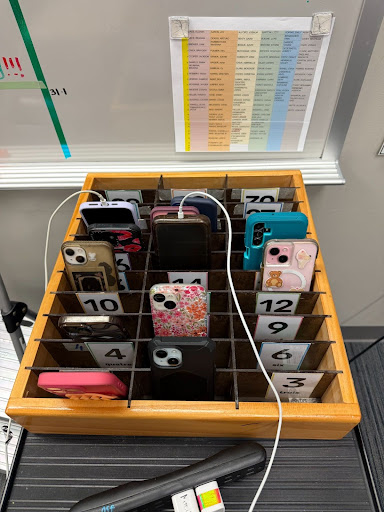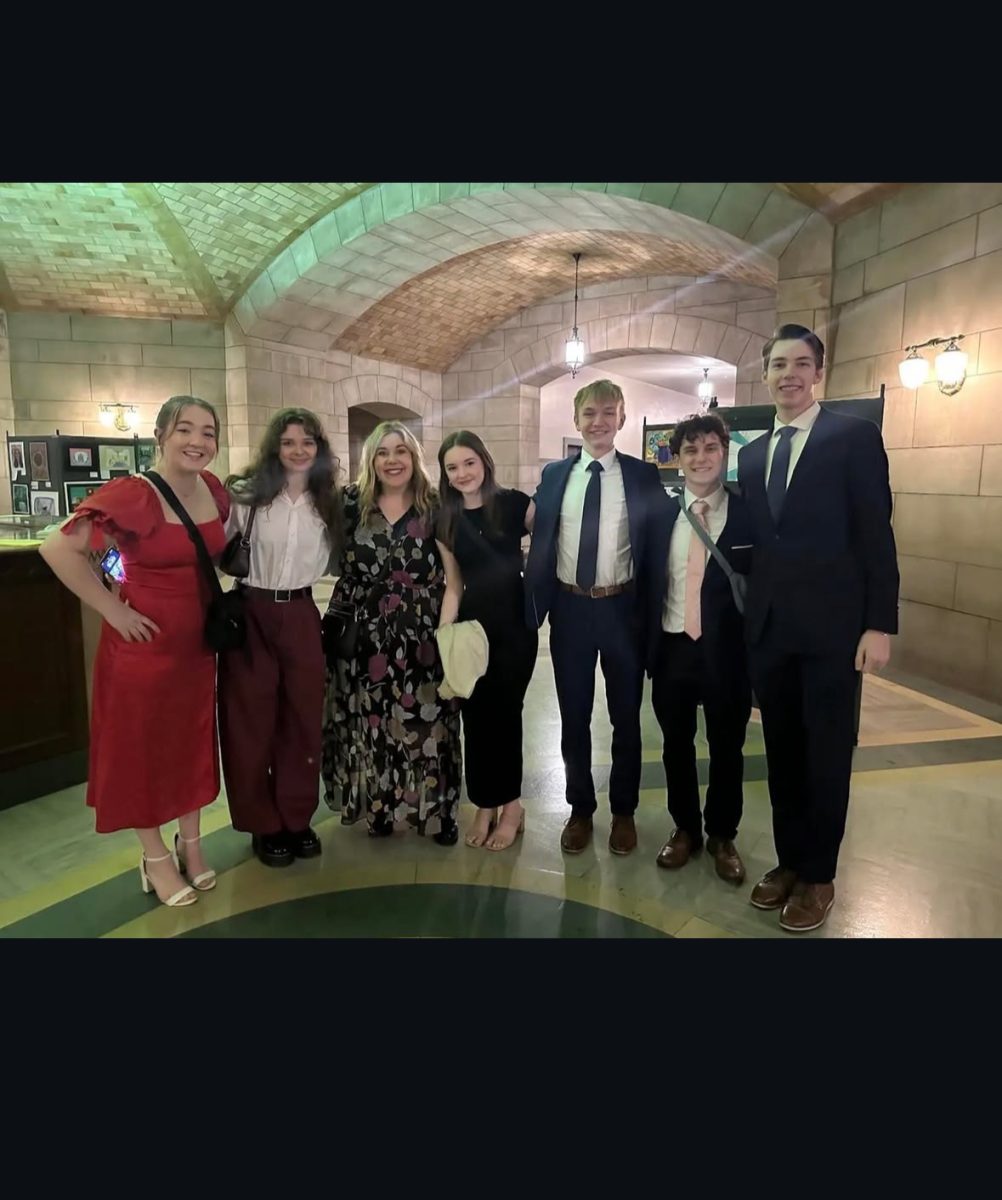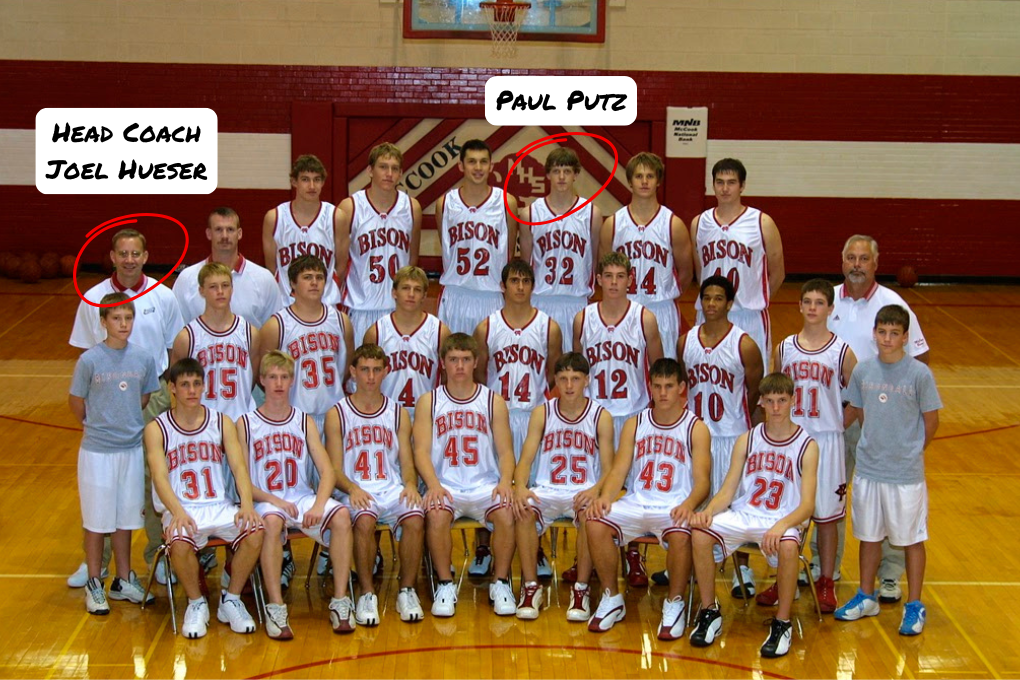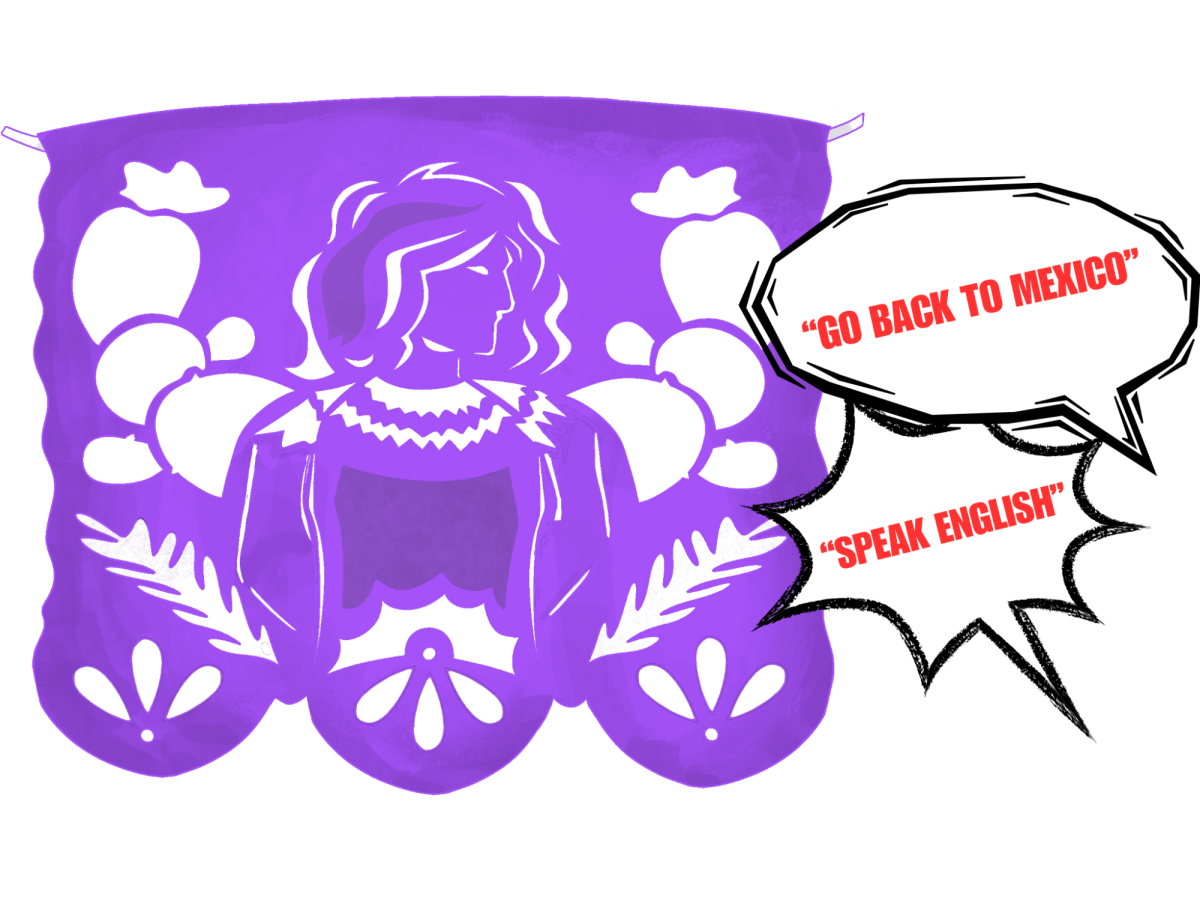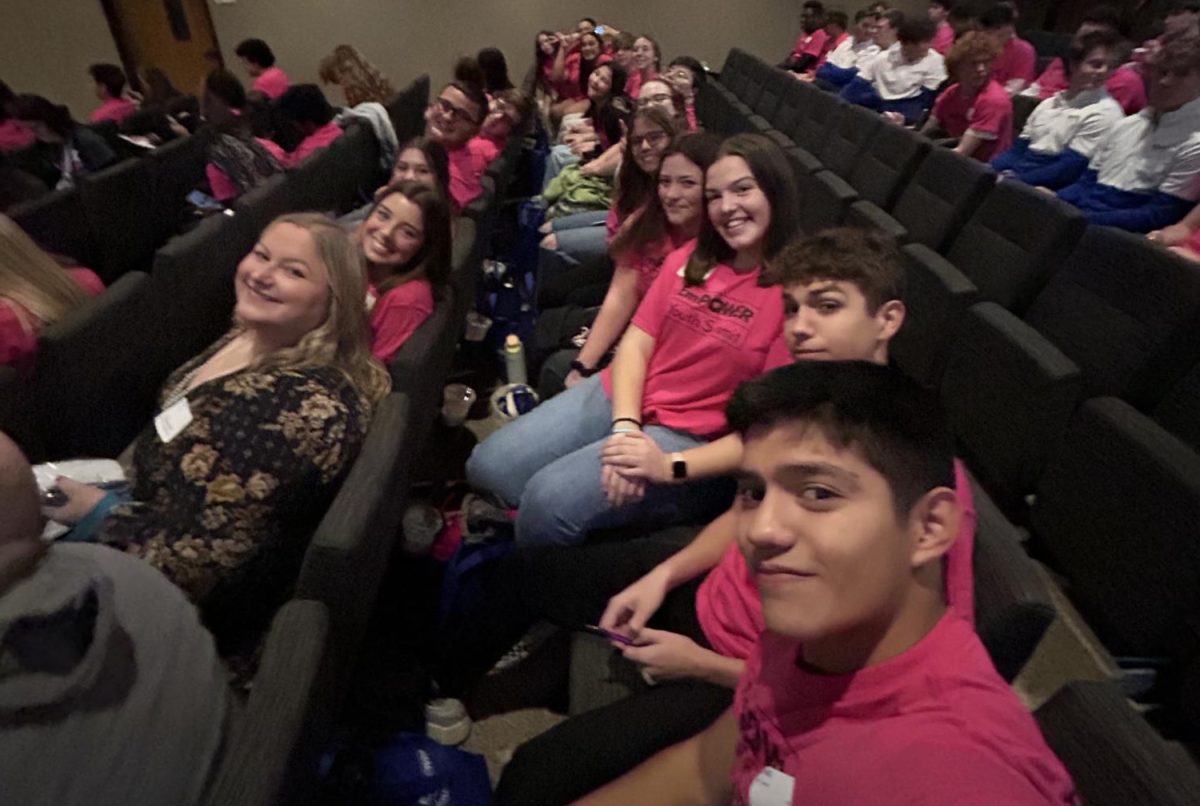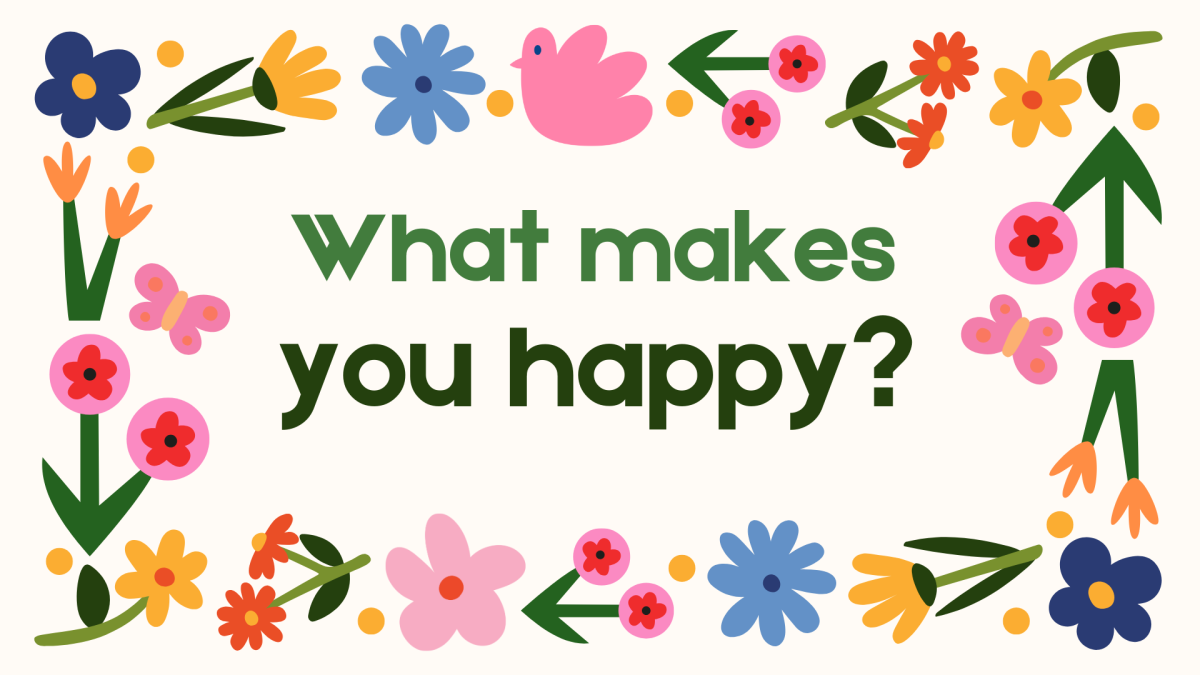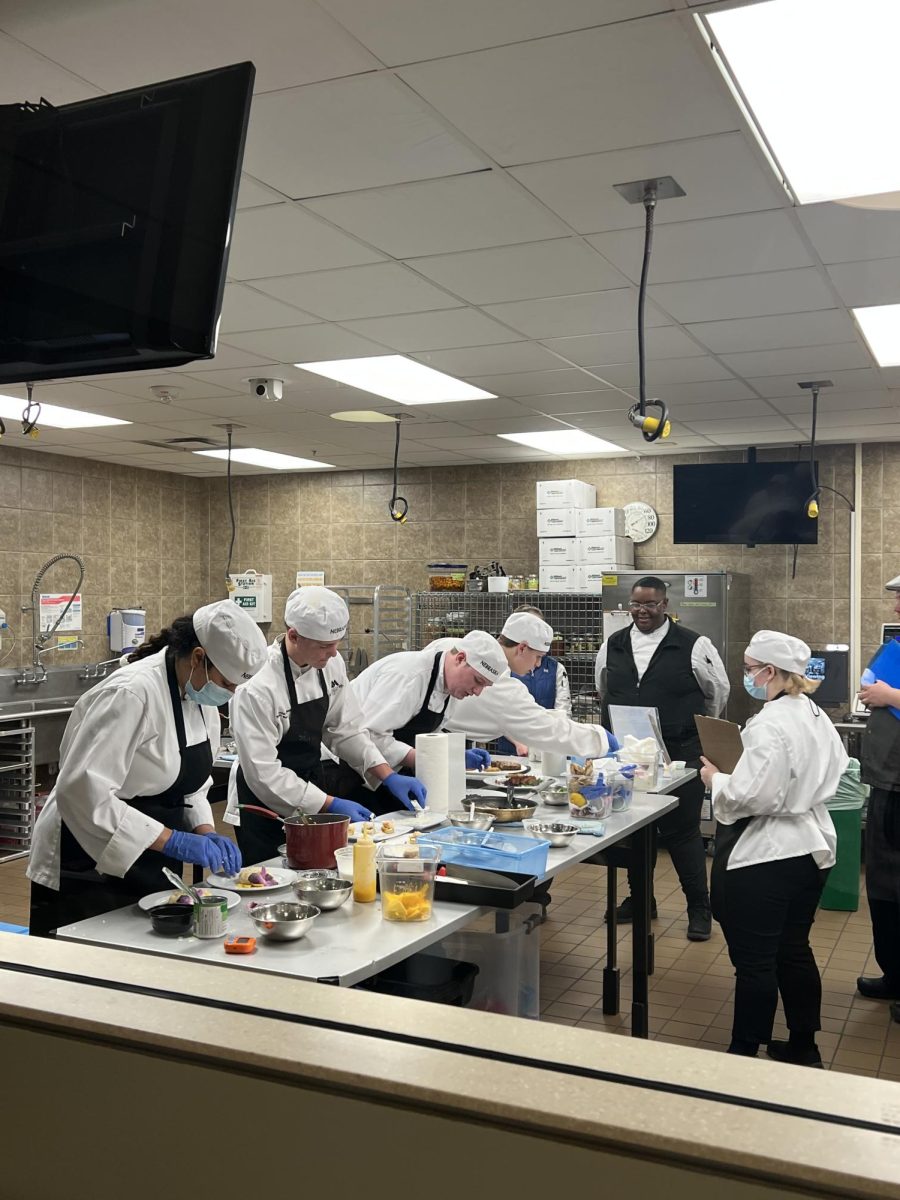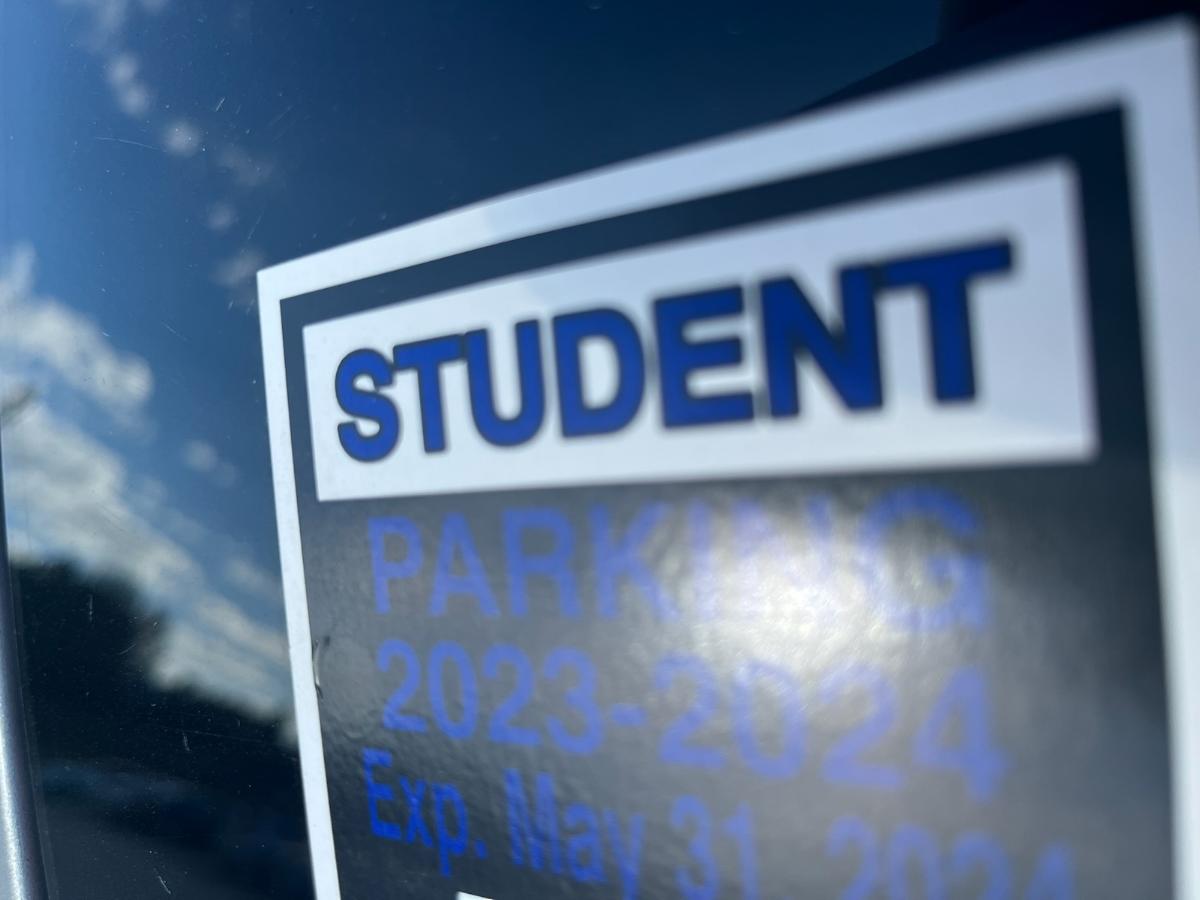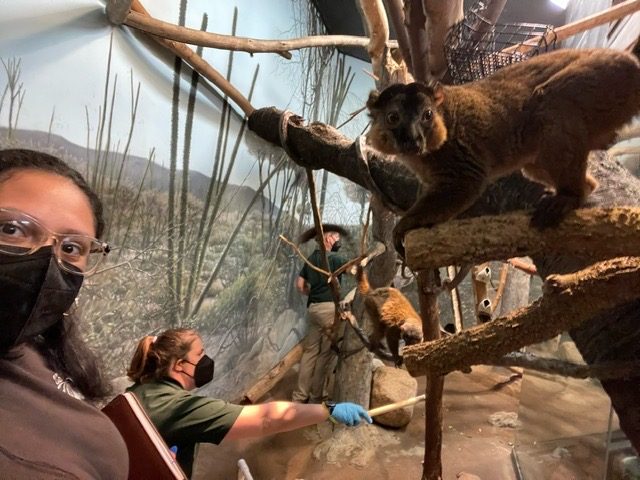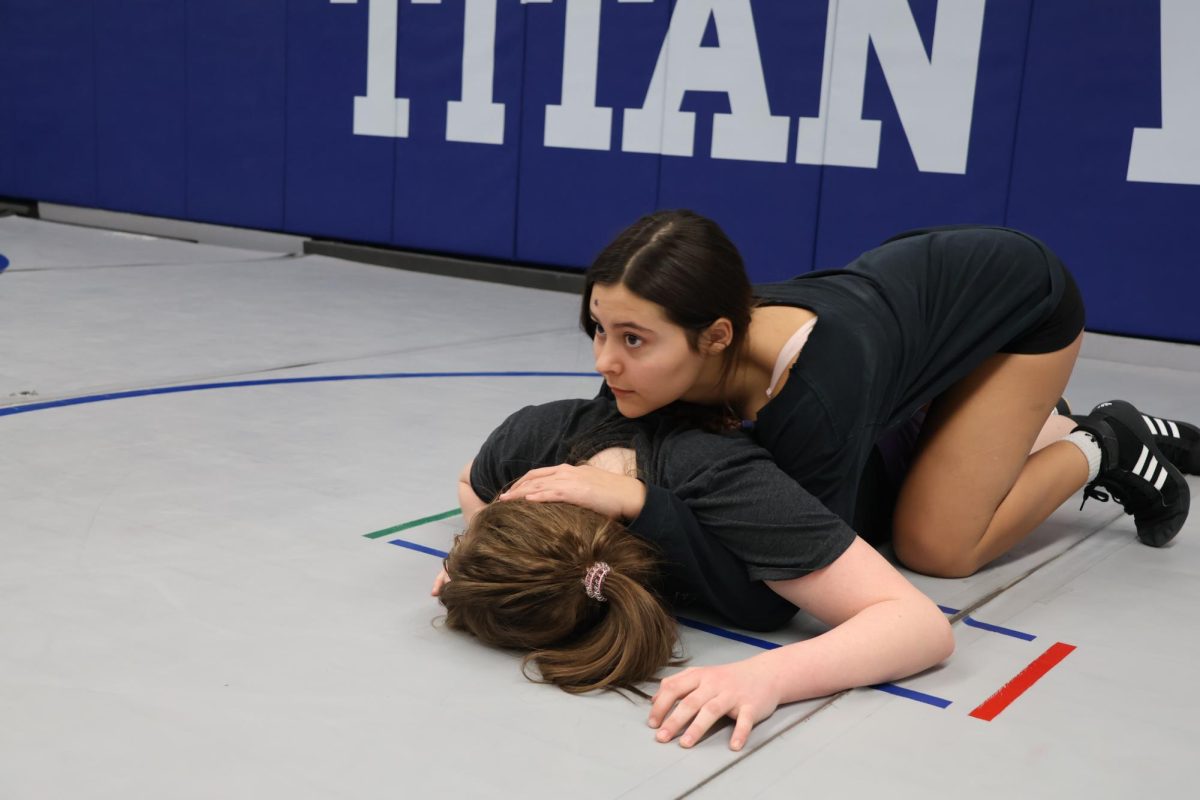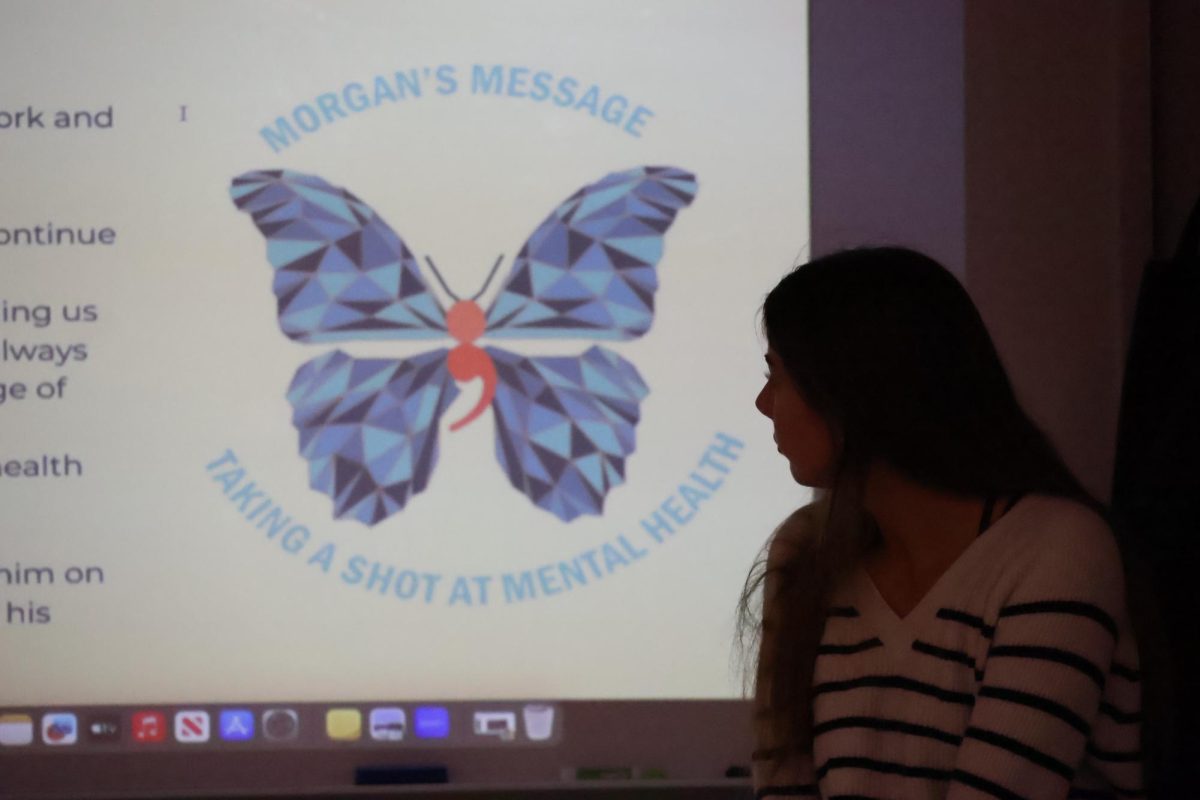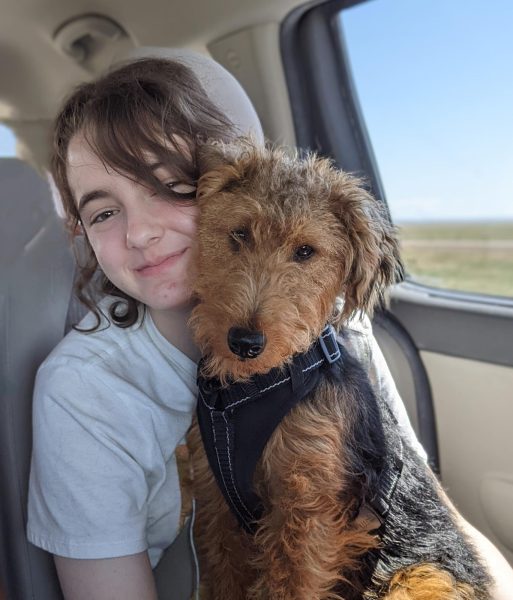Do teens feel prepared to drive with the changing weather conditions? Do they feel mature enough to handle the responsibility of driving, with so many lives at stake? Many teens feel like the answer is no, and they are scared to start their driving career. This fear of the road has caused delayed driving for some teens.
“It’s the most dangerous thing you do in a day,” junior Chance Murphy said. “You have to keep high alert and drive safe. One mistake, and it’s over for you.¨
One aspect of driving that can be dangerous is weather and the change of seasons.
State Farm Insurance agent Kirk Goodnight of Papillion pointed out that driving in the winter is a completely different experience than in summer, and young drivers don’t always plan for that.
“They leave 10 minutes until school starts, instead of 30 minutes, and they’re trying to drive as fast as they would as if they were on dry pavement,” Goodnight said. “Then they first try to hit their brakes, and their brakes just don’t work. Your vehicle keeps sliding and you rear end the car in front of you.”
Not only can driving be dangerous, it can be dangerously expensive.
ESU3, the Drivers Ed program offered through the school, cost $400 in Fall 2023. Drivers Ed programs not affiliated with the school are just as expensive. Cornhusker Driving School, for example, requires a $495 fee due on the first day of class.
The stops some students from learning.
“Money has impacted my learning to drive,” junior Gabe Duhs said. “If only I had more money, I could get through Drivers Ed.”
Not all negative aspects to driving are outside of teenagers’ control. Some are caused by decisions made by teen drivers themselves. Careless driving is a factor that leads to student drivers not wanting to drive or learn how to drive.
Murphy highlighted one factor of careless driving: drunk driving.
“You see a lot of car crashes that are teens, with a lot of drunk driving and drug use by underage minors, not to mention the phone use,” Murphy said. “It’s scary.”
Even though some teens can feel like there are many obstacles to even trying, older and more experienced drivers have advice to reassure those who delay driving.
Mr. Andy Gerlecz, a social studies teacher who has also taught Drivers Ed, shared some advice he’s given to students.
“What I feel like I tell them the most is to give themselves grace,” Gerlecz said. “And then just be patient with themselves, because a lot of times they think they’re gonna be perfect right away, and that’s just not the way it works. Whether it’s hitting a golf ball, playing an instrument – whatever it is – you’re gonna have to practice.”
Have adults ever told their teen to not drive as stupidly as every other teenager does?
Even though teens can be seen as “all bad drivers” and “not able to follow the rules of the road,” they should not shy away from starting their driving career because of an instilled lack of confidence.
Gerlecz stated his belief that instilling teenagers with driving confidence was important to improving as a driver.
“I hope to help instill confidence into the students … just try to learn, encourage good habits,” Gerlecz said. “They don’t think they can drive, and they really can – they just haven’t had enough practice.”
So, what’s the main takeaway? Is driving a responsibility that teens cannot handle, considering their immaturity and dangers of the road? Should teens not be afraid to drive and have more confidence in their developing skills? Well, keeping everything in mind, teenagers should start driving when they feel prepared.
Goodnight, who insures many young drivers and is an experienced driver himself, gave the advice that there’s no rush to become a driver.
“Driving is a privilege, not a right, and you need to prove that you have the ability to make good decisions before you put yourself behind the wheel,” Goodnight said. “So I would say don’t start pushing yourself to drive unless you’re ready to drive. And that can vary. Some people are ready at age 14.5, and some people aren’t ready till age 18. So I think driving is definitely a privilege, not a right.”


